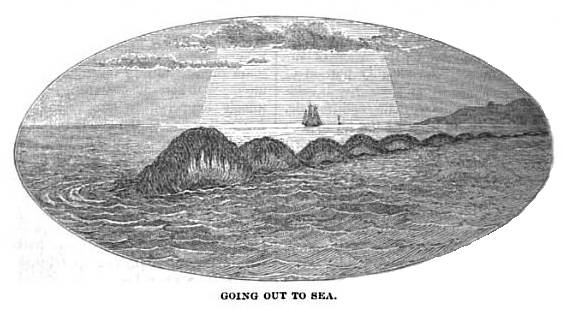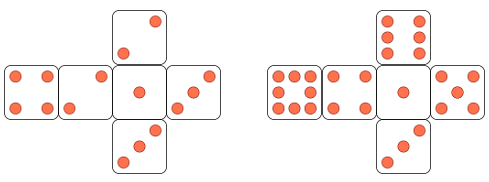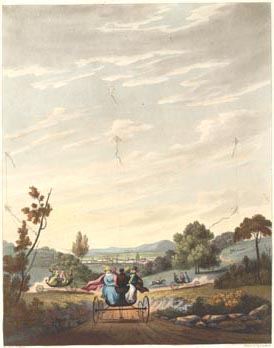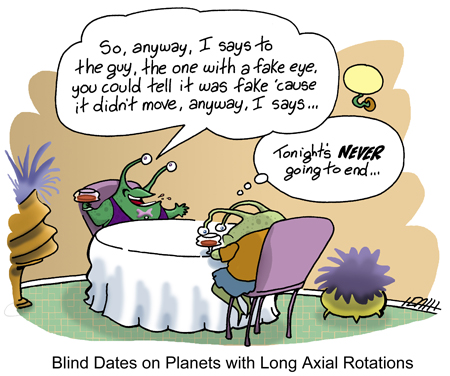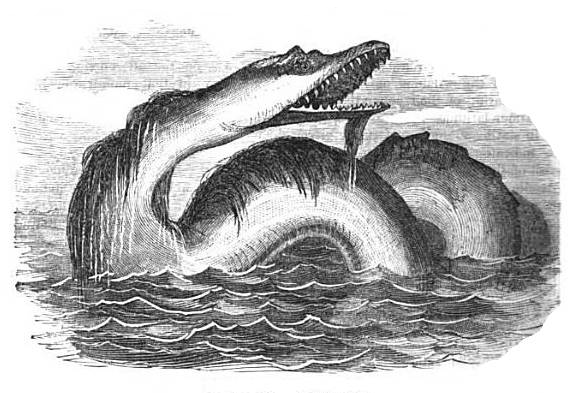
Beadle’s Monthly carried a startling feature in November 1866: two drawings of a “great sea-monster” witnessed by the author, Jesse H. Lord, during a visit to Green Harbor, Nova Scotia, in August 1855. Lord recalled that he had just arrived in town when he found the townspeople in a great commotion over “the snake.” Presently he saw a monster emerge from the sea, pursuing boats through a channel and into the harbor:
Near what might be the head, rose a hump, or crest, crowned with a waving mass of long pendulous hair like a mane, while behind, for forty or fifty feet, slowly moved, or rolled, the spirals of his immense snake-like body. The movement was in vertical curves, the contortions of the back alternately rising and falling from the head to the tail, leaving behind a wake, like that of a screw-steamer, on the glassy surface of the ocean. … In a moment he raised his head, from which the water poured in showers, and opening the horrid jaws he gave utterance to a noise resembling nothing so much as the hissing sound of steam from the escape-pipe of a boiler.
The beast withdrew, but Lord glimpsed it again beneath his rowboat the following morning:
The tide was ‘making,’ and the serpent lay head to the current, which was flowing into the harbor, keeping up an undulatory movement just sufficient to retain his position. The shell-like head was just abaft the stern of the boat and the immense mane flowed wavingly, either by the motion of the current or the convolutions of the body. … Hethcote moved silently to the stern and cut the rope that held the ‘kilick,’ and we drifted quietly with the tide into the harbor.
Lord was a journalist, not a short story writer, and Beadle’s presented his tale without a wink. But it seems most likely a simple hoax — why would a newsman withhold such a sensational story for 11 years? Unfortunately, we’ll never know the whole story: A few days after the article appeared, Lord shot himself on his wife’s grave.
